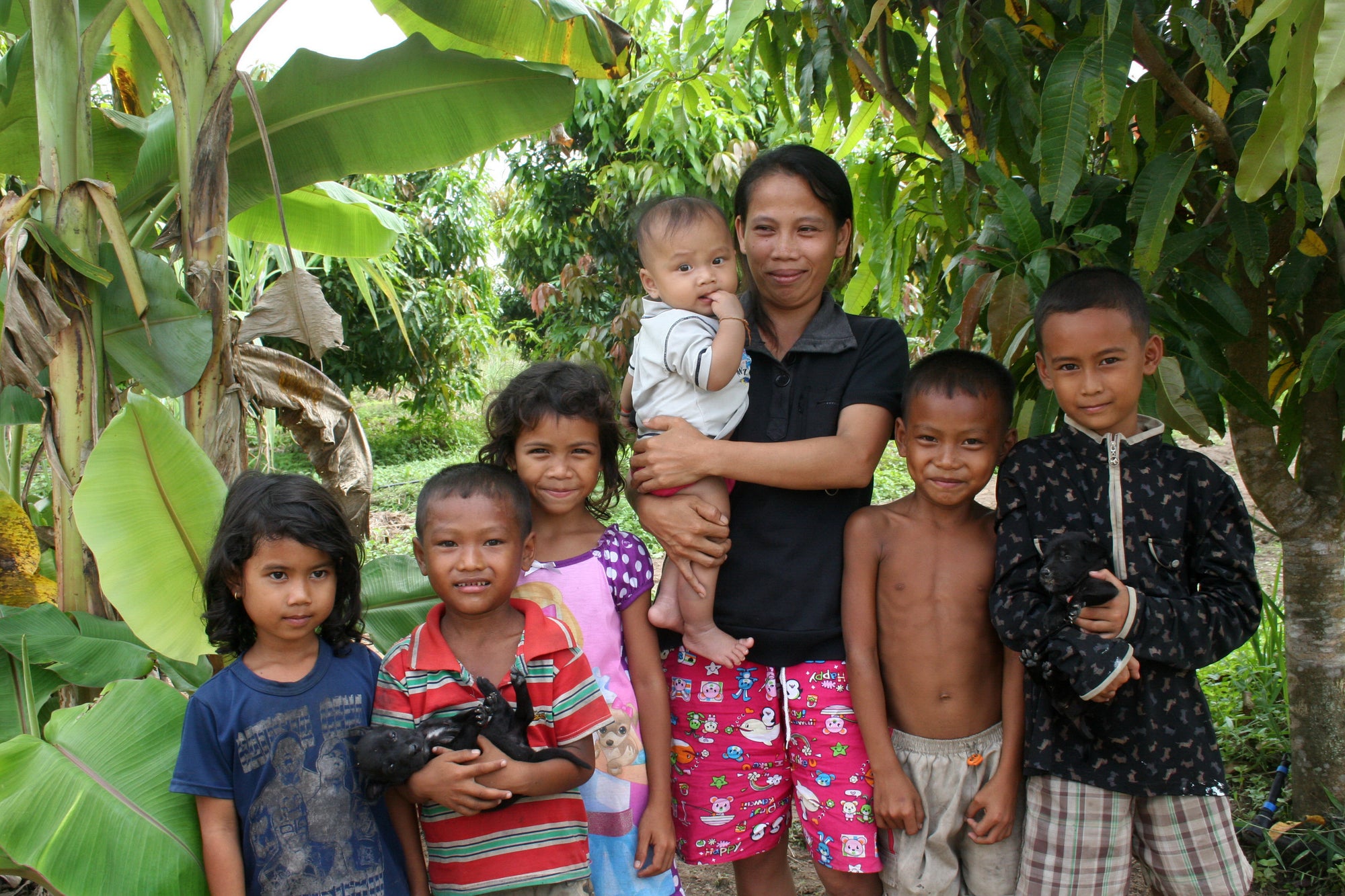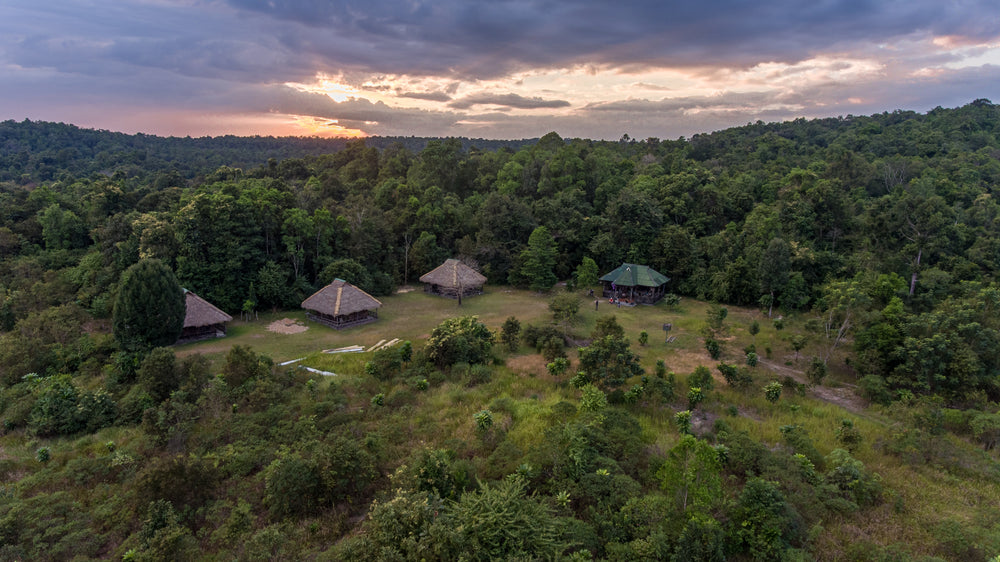
Southern Cardamom Watershed
This page details the UN Sustainable Development Goals addressed by the Southern Cardamom REDD+ Project in Cambodia.
Sustainable Development in the Southern Cardamom Watershed
This "Ridge to Reef" REDD+ (Reducing Emissions from Deforestation and forest Degradation program developed by the UNFCC) project protects 497,000 hectares of coastal watershed in Cambodia.
In partnership with Wildlife Works, Wildlife Alliance, and the Royal Government of Cambodia, the project will generate VCS and CCBA verified carbon credits for 30 years. The social and environmental benefits will have a lasting impact beyond the lifetime of the project.
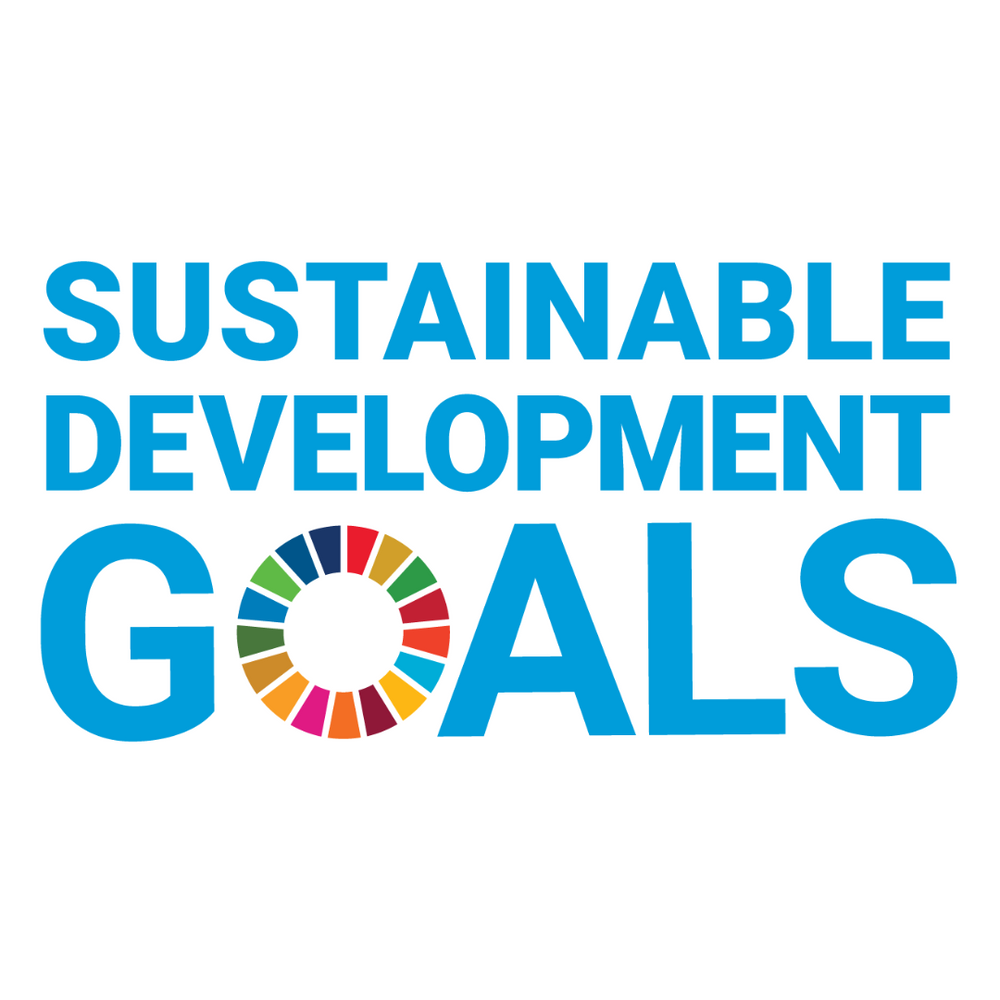
Key Impact Metrics
- 43 water wells installed in 7 communes.
- 352 rangers are employed and have undertaken nearly 25,000 patrols.
- Confiscatied: 27,000+ logs, 5,600+ chainsaws, and 175,000+ snares.
- Improved conservation measures, reducing threats and improving landscape connectivity for 35 IUCN Red List species through the rescue and rehabilitation of 3,000+ live animals.
Sustainable Development Goals addressed by the project
SeaTrees evaluates this project annually to measure its impact on all relevant Sustainable Development Goals.
The Southern Cardamom REDD+ project addresses nine SDGs. Read below for more details.
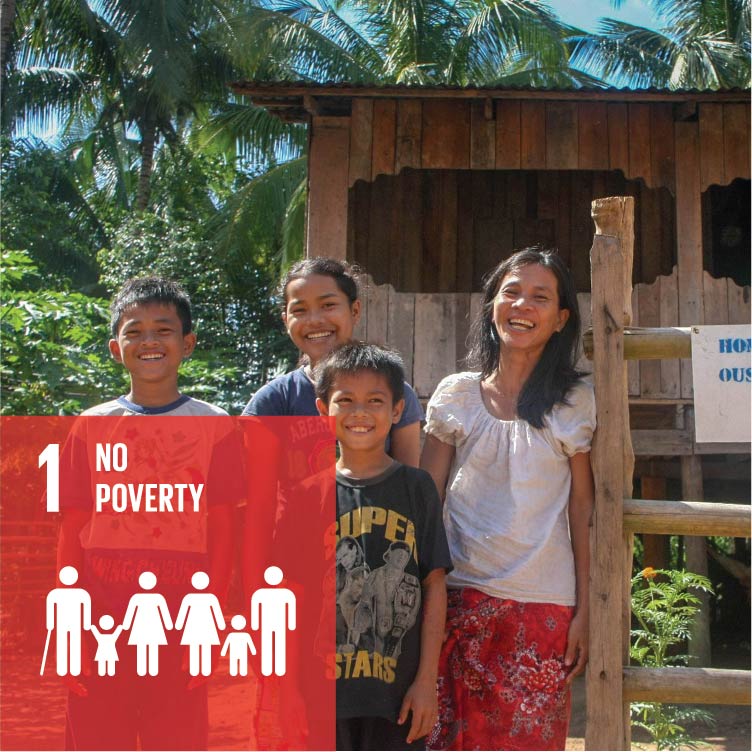
No Poverty
Before this project began, local communities saw low crop yields and low income which would have worsened if not for the intervention of this project. In addition to the protection of lands that lead to increased farm yield, this project also provides opportunities for living-wage employment through ecotourism.
The Community Based Ecotourism (CBET) that has developed in the Southern Cardamom Forest has directly increased the average annual income to $371,105 for 15 villages in the area.
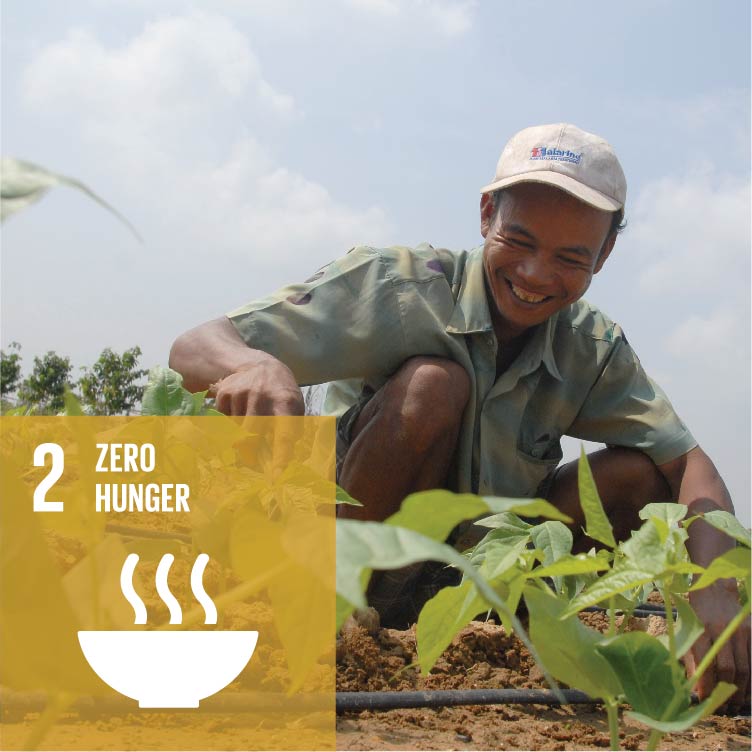
Zero Hunger
Wildlife Alliance works directly with the local communities to develop sustainable agriculture initiatives, which benefit the health of community members as well as the planet.
The crops grown with sustainable farming practices provide nutritious food and generate additional sources of income for community members, relieving communities’ previous reliance on destructive agricultural practices, logging, and poaching.
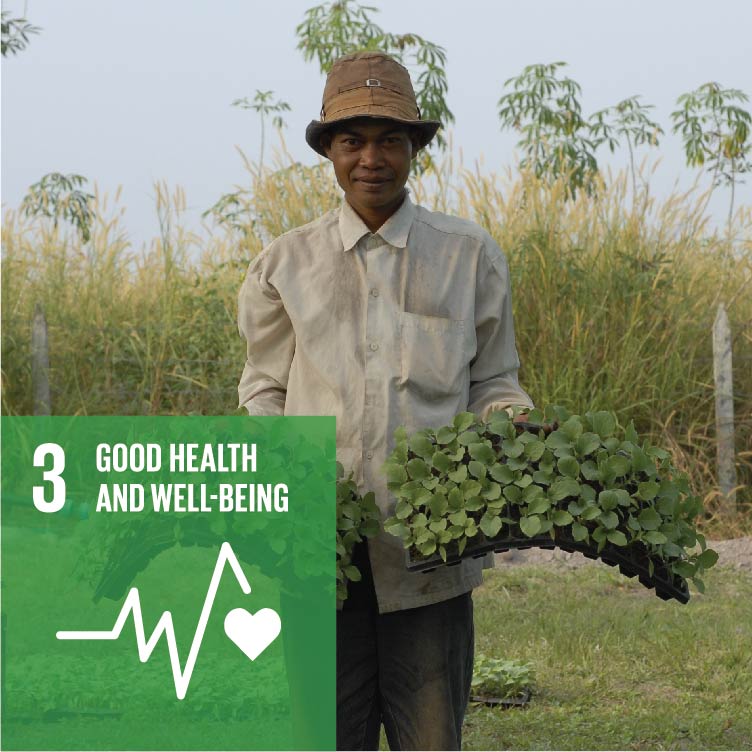
Good Health and Well-being
Prior to this project, over 50% of communities in the Southern Cardamom forest were located outside of traveling distance to the nearest health care facility.
In addition to providing economic opportunities that increase community member’s ability to pay for health care, this project also provides funding to improve health care infrastructure within the project area.
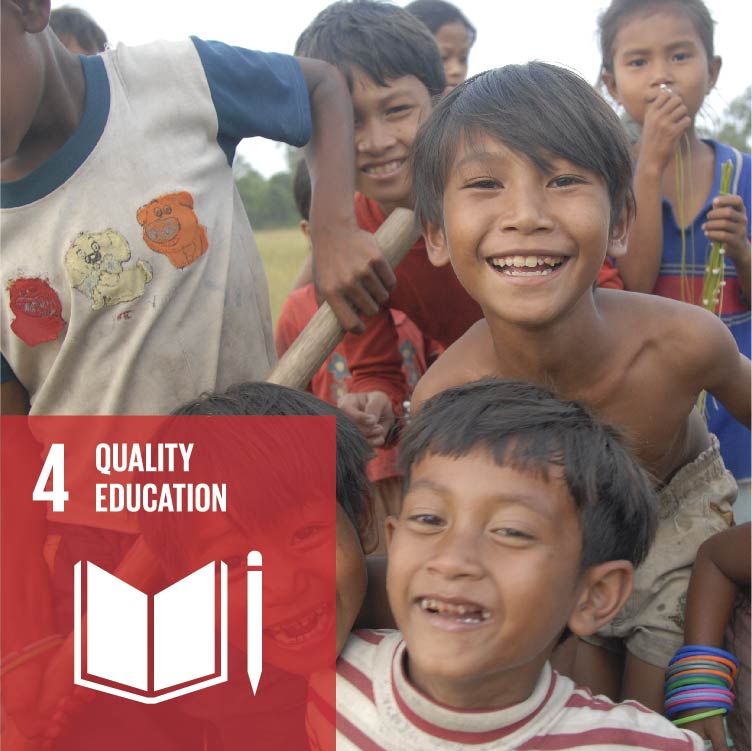
Quality Education
One of the key drivers of generational poverty in the Southern Cardamom region has been a general lack of access to higher education.
In order to address this longstanding issue, funds generated by this project are used to provide scholarships to students in the area.
To date, scholarships have been provided to eight villages across the Southern Cardamom forest, supporting roughly 3,600 families in total.
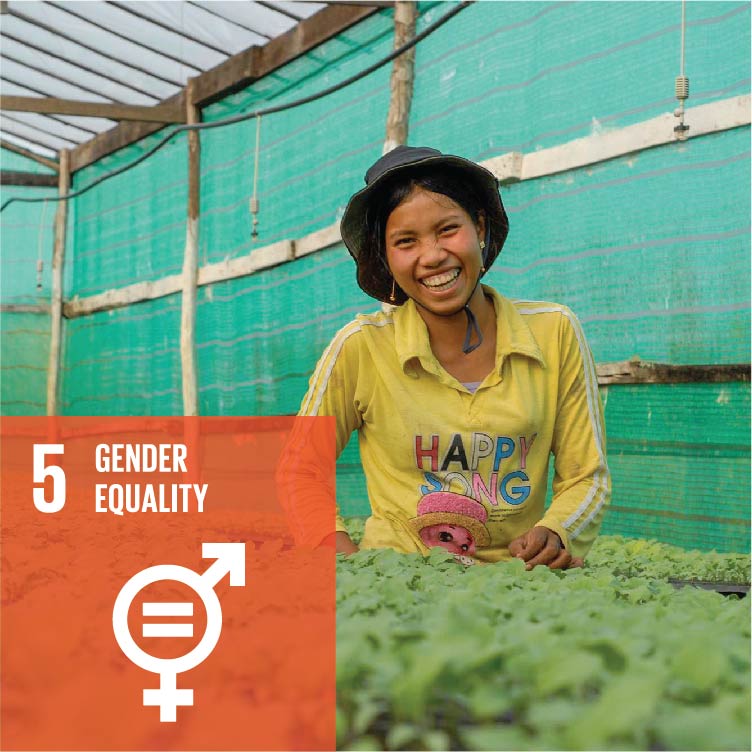
Gender Equality
Prior to this project, women experienced limited economic opportunities and often turned to the illegal wildlife trade for a means of income.
There are now increased opportunities for employment across the Southern Cardamom forest, including Community Based Ecotourism.
In 2020, roughly 50% of community management positions through Community Based Ecotourism and Community Agricultural Development were held by women.
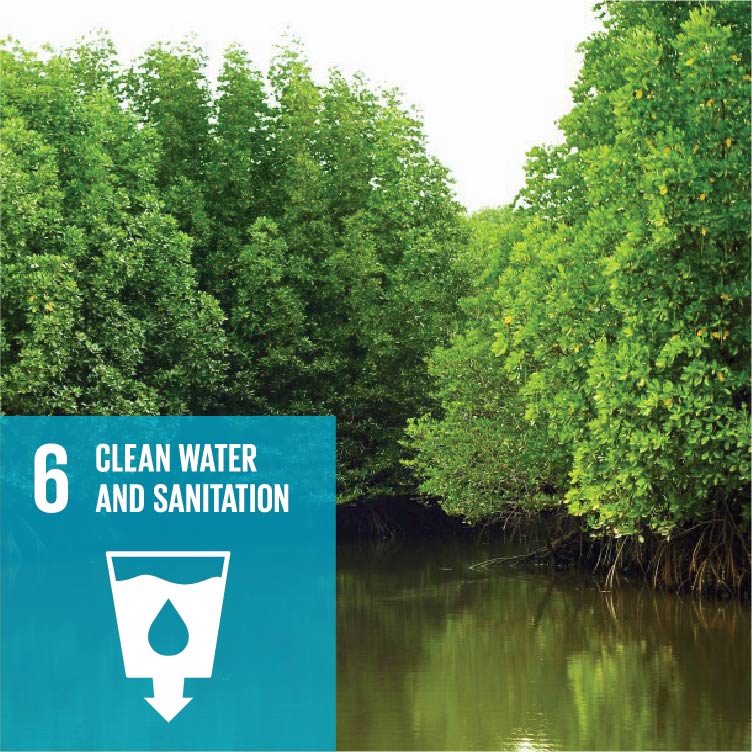
Clean Water and Sanitation
The Southern Cardamom REDD+ Project stretches from the Cardamom Mountains down to the Gulf of Thailand. This watershed is one of the world’s 34 biodiversity hotspots and drains into one of Southeast Asia’s largest mangrove forests, located in the Koh Kong estuary.
In addition to protecting the neighboring mangrove forest and providing clean water to local communities, the clean water protected by this project also has the potential to support hydropower and fisheries.
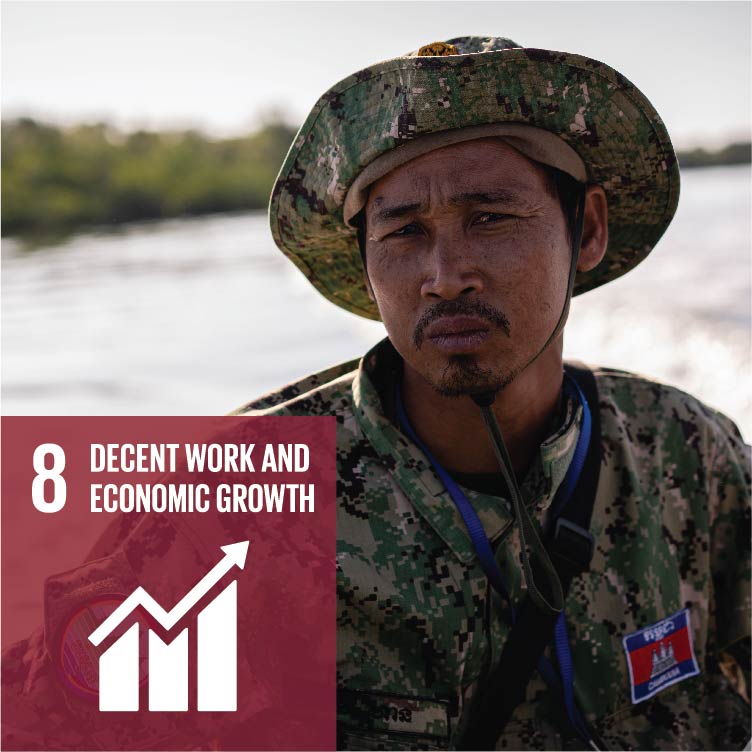
Decent Work and Economic Growth
As a REDD+ project, the key component to long-term sequestration of carbon in the Southern Cardamom Forest is protection of existing forest health. In order to ensure healthy biodiversity of both tree and animal species, 352 rangers are employed and have undertaken nearly 25,000 patrols, resulting in the removal of >175,000 snares, and confiscation of >27,000 logs and >5600 chainsaws as well as the rescue and rehabilitation of >3000 live animals.
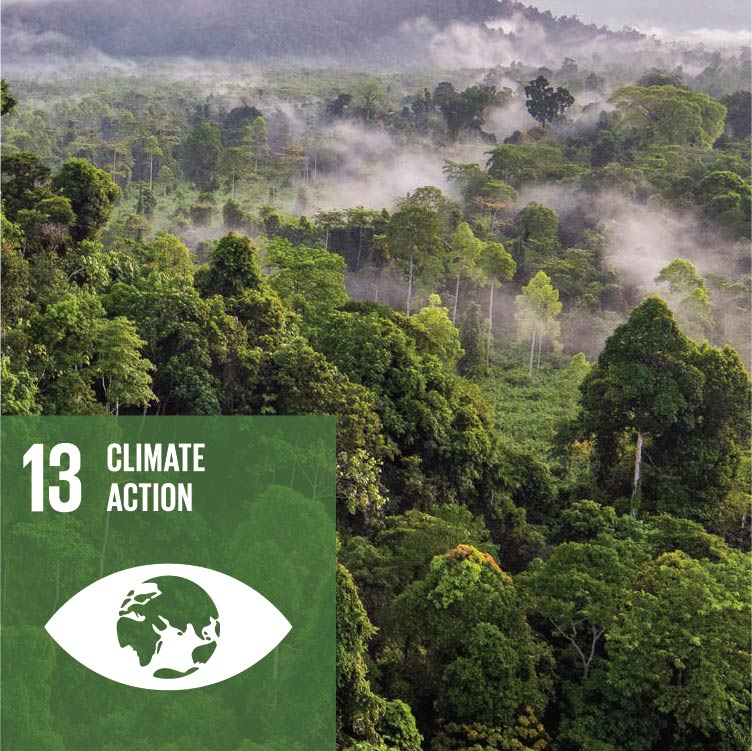
Climate Action
As a VCS, CCB and SD VISta verified REDD+ project, this project prevents the emission of an average of 3.5 million tons of CO2 each year by avoiding deforestation and forest degradation.
In order to ensure the continued success of this project, community members are trained on improved agricultural methods, ecotourism programs, direct employment, and strengthening of community organizations.
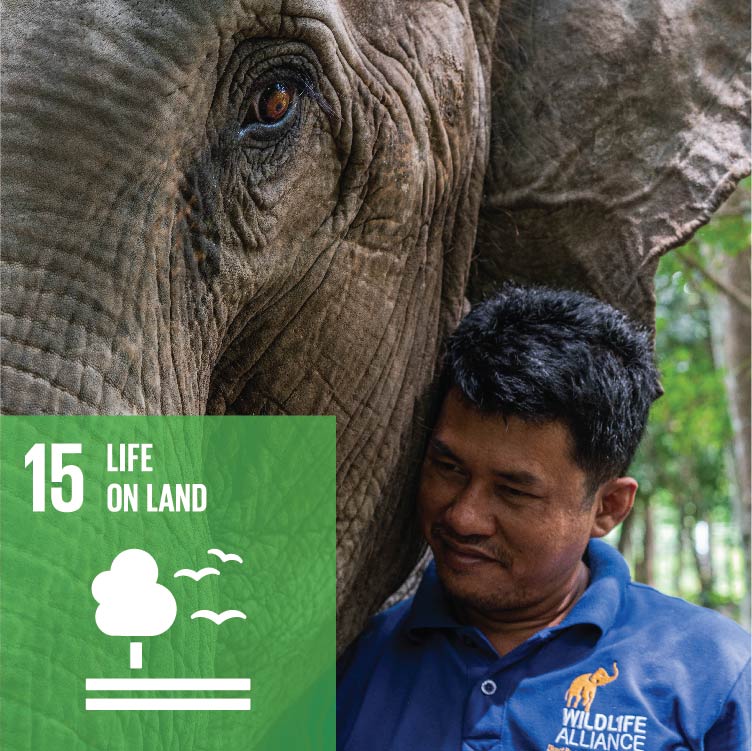
Life on Land
Prior to this project, the Southern Cardamom forest faced direct threats to forest destruction and land encroachment. These threats would only have worsened as community reliance on commercial logging and agriculture would have continued in the absence of alternate livelihoods. Local wildlife also faced significant threats due to poaching and logging.
This project now protects 497,000 hectares of tropical forest, providing safe habitat to 17 endangered and critically endangered species. Since 2006, there have been zero instances of poaching the endangered Asian elephants.
To read about the UN Sustainable Development Goals in detail please reference this link.
